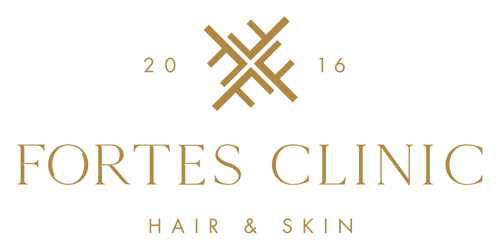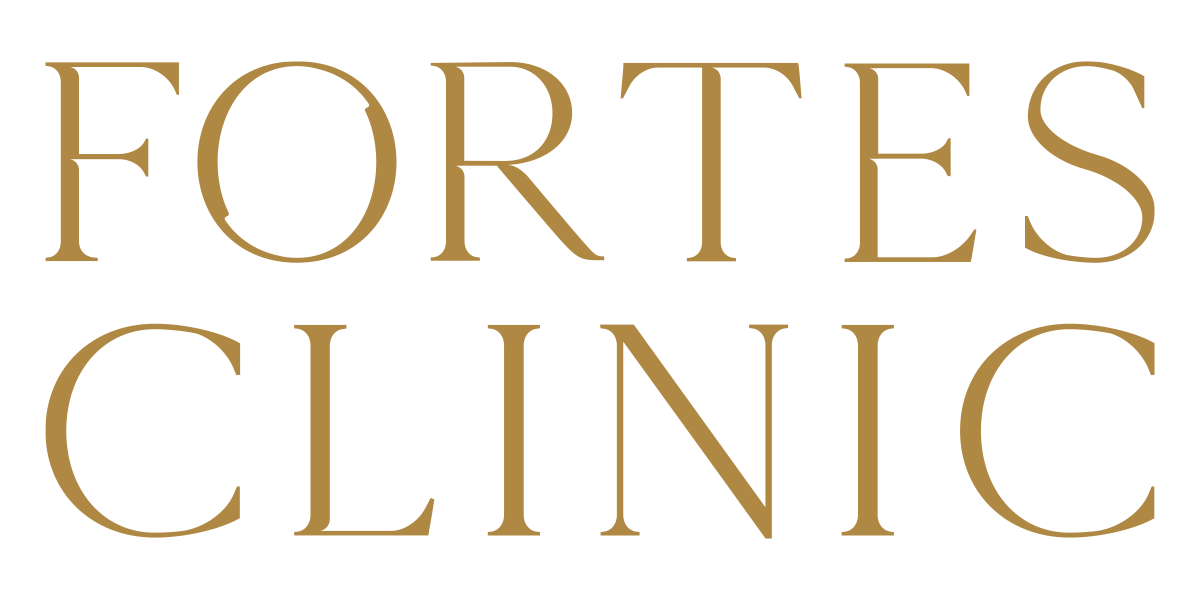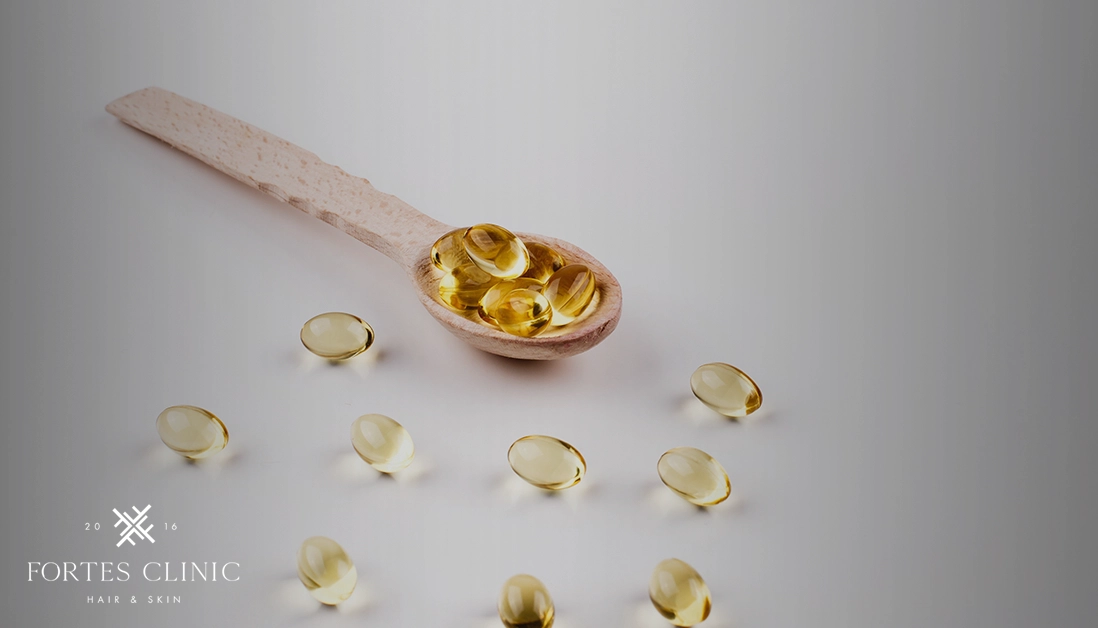Introduction to Vitamins For Hair Health
Imagine a world where every day is a good hair day. While it might sound like a distant dream, the key to unlocking this reality could lie in the vitamins you consume. Hair, often considered a reflection of our identity and health, requires more than just external care; it needs nourishment from within. This guide will delve into the essential vitamins vital for maintaining and enhancing the health of your hair.
Hair health is a complex interplay of genetics, environmental factors, and, crucially, nutrition. Often, when we experience issues like hair loss, brittleness, or lacklustre appearance, our first instinct is to turn to external hair care products. However, the foundation of healthy hair begins on the inside, with the nutrients we feed our bodies. Among these, certain vitamins play pivotal roles in ensuring our hair not only grows but thrives.
Understanding Hair Health
To truly appreciate the role of vitamins in maintaining hair health, it’s essential to first understand the basics of hair itself. Hair isn’t just a stylistic feature; it’s a dynamic, living part of our body that requires care and nourishment.
The Anatomy of Hair
Hair grows from follicles found in the dermis layer of the skin. Each hair is made up of two main parts: the follicle, which is alive and lies beneath the skin, and the shaft, which is the visible, dead part that we style and care for. At the base of the follicle is the papilla, rich in blood vessels that provide nutrients to the hair. Surrounding the follicle are sebaceous glands, producing sebum, our natural hair conditioner.
The hair growth cycle comprises three phases: anagen (growth), catagen (transition), and telogen (resting). In the anagen phase, hair grows actively, and this period can last for years. The catagen phase is a short transitional stage that lasts a few weeks, where the hair prepares to enter the resting phase. Finally, in the telogen phase, hair growth stops, and old hairs are shed to make room for new growth. Understanding this cycle is crucial, as different vitamins and nutrients can affect each stage.
Factors Affecting Hair Health
Several factors can influence hair health, including genetics, which determines hair texture and growth patterns. Environmental factors, such as exposure to the sun, pollution, and harsh weather conditions, can also impact hair quality. Lifestyle choices, including diet, stress levels, smoking, and alcohol consumption, play a significant role as well.
Nutrition is a critical component of hair health. A diet lacking in essential nutrients can lead to various hair problems, such as dryness, brittleness, slow growth, and even hair loss. This is where vitamins come into play, offering the nourishment your hair needs to stay healthy and vibrant.
Essential Vitamins for Hair
A well-balanced diet, rich in specific vitamins, is crucial for maintaining healthy hair. Let’s explore these vital vitamins and understand their roles in nurturing your hair from the inside out.
Vitamin A
Vitamin A plays a significant role in hair health. It helps the skin glands produce sebum, an oily substance that moisturises the scalp and keeps hair healthy. Without adequate sebum, hair can become dry and brittle. However, it’s important to note that too much vitamin A can also contribute to hair loss, so balance is key. You can find vitamin A in sweet potatoes, carrots, spinach, and kale, all rich in beta-carotene, which is converted into vitamin A.
B-Vitamins Complex
B-vitamins, particularly Biotin (Vitamin B7), are widely known for their role in hair health. Biotin is used as an alternative hair-loss treatment for those who are deficient. Other B-vitamins help create red blood cells, which carry oxygen and nutrients to the scalp and hair follicles, crucial for hair growth. You can find B-vitamins in whole grains, almonds, meat, fish, seafood, and dark, leafy greens.
Vitamin C
Vitamin C is a powerful antioxidant that helps protect against the oxidative stress caused by free radicals. Additionally, it is vital for the production of collagen, an important part of hair structure. Vitamin C also helps your body absorb iron, a mineral necessary for hair growth. Sources of vitamin C include strawberries, peppers, guavas, and citrus fruits.
Vitamin D
Low levels of vitamin D are linked to alopecia, a technical term for hair loss. Research suggests that vitamin D may help create new follicles, the tiny pores in the scalp where new hair can grow. Vitamin D is thought to play a role in hair production, but most research focuses on vitamin D receptors. The body produces vitamin D through direct contact with the sun’s rays, and it’s also found in fatty fish, cod liver oil, and some mushrooms.
Vitamin E
Similar to vitamin C, vitamin E is an antioxidant that can prevent oxidative stress. In one study, people with hair loss experienced a dramatic increase in hair growth after supplementing with vitamin E for eight months. Sunflower seeds, almonds, spinach, and avocados are all good sources of vitamin E.
Incorporating Vitamins into Your Diet
Knowing which vitamins are beneficial for hair health is one thing; incorporating them into your daily diet is another. Let’s explore how you can ensure your meals are not just delicious but also packed with hair-nourishing vitamins.
Dietary Sources for Hair Vitamins
A balanced diet is the best way to get the essential vitamins your hair needs. Here are some tips to include these vitamins in your meals:
- For Vitamin A: Incorporate orange and yellow vegetables like carrots and sweet potatoes, which are high in beta-carotene. Green, leafy vegetables like spinach also offer a good dose of vitamin A.
- For B-Vitamins: Include a variety of whole grains, almonds, meat, and seafood in your diet. Vegetarians can opt for dark, leafy greens and legumes for their B-vitamin fix.
- For Vitamin C: Citrus fruits are not your only option. Broccoli, strawberries, and bell peppers are excellent sources of vitamin C and can easily be included in salads and stir-fries.
- For Vitamin D: While sunlight is a primary source, you can also consume fatty fish like salmon and mackerel, as well as fortified foods like certain cereals and dairy products.
- For Vitamin E: Nuts and seeds are great snacks that are high in vitamin E. Also, consider cooking with vegetable oils, such as sunflower or olive oil, to boost your vitamin E intake.
Supplements vs. Natural Sources
While getting vitamins from your diet is ideal, sometimes supplementation may be necessary, especially if you have specific dietary restrictions or health conditions.
- Supplements: They can help fill nutritional gaps, but it’s important to consult with a healthcare provider before starting any new supplement, as excessive intake of certain vitamins can have adverse effects.
- Natural Sources: Always prioritise getting vitamins from food, as they come with other beneficial nutrients and are absorbed more effectively by the body.
Remember, a well-rounded diet not only improves hair health but also supports overall physical and mental wellbeing.
Get Personalised Hair Care Advice at Fortes Clinic
While this guide offers comprehensive information on the essential vitamins for hair health, we understand that each individual’s hair care needs are unique. At Fortes Clinic, we believe in providing personalised care and expert advice tailored to your specific hair concerns.
Why Choose Fortes Clinic?
- Expert Team: Our team of hair care specialists and nutritionists is dedicated to understanding the intricacies of your hair and scalp health.
- Customised Solutions: We offer bespoke treatment plans that address your individual needs, whether it’s dealing with hair loss, scalp conditions, or simply seeking to enhance the health and appearance of your hair.
- Holistic Approach: We believe in a holistic approach to hair care, which includes not only top treatments and products but also nutritional guidance to ensure your hair receives all the nourishment it needs.
What Can You Expect?
- Comprehensive Consultations: Schedule a consultation with our experts to discuss your hair concerns. We’ll take the time to listen and understand your needs.
- Detailed Assessments: Benefit from our thorough hair and scalp assessments, using the latest technology to diagnose any underlying issues.
- Personalised Recommendations: Receive tailored advice on treatments, products, and dietary changes that can enhance your hair health.
Taking the Next Step
Whether you’re struggling with hair health issues or just want to maintain the beauty of your locks, Fortes Clinic is here to assist. Contact us today to schedule your consultation and embark on your journey to healthier, more vibrant hair.



